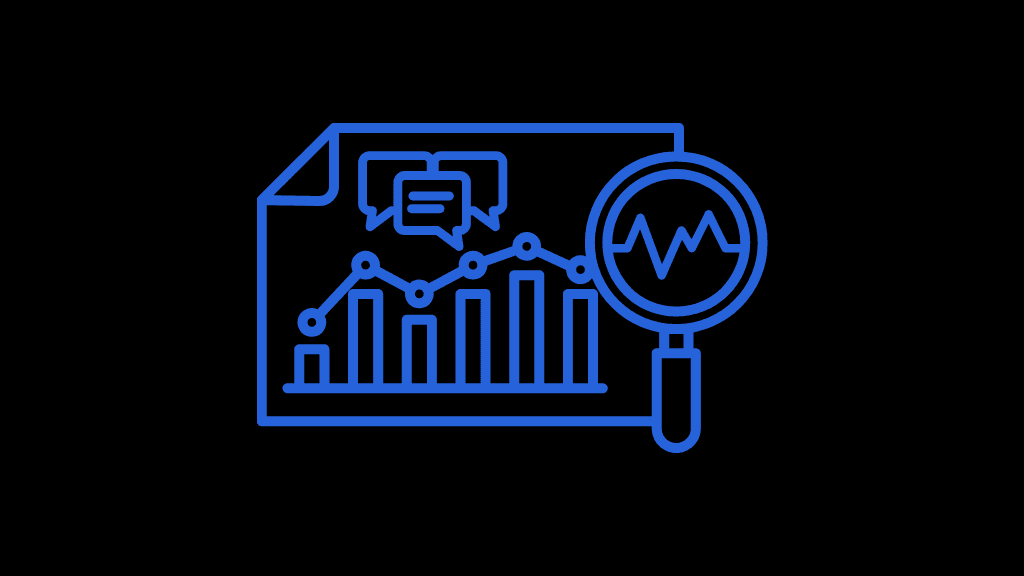5 Free Tools to Track GitHub Team Activity Automatically
Discover the top 5 free tools that automatically track GitHub team activity, helping you monitor productivity without manual work.

Why You Need a GitHub Activity Tracker
As an engineering manager, open-source maintainer, or team lead, keeping tabs on GitHub activity shouldn't require manually checking every repository. Whether you're monitoring:
- Contributor productivity across multiple projects
- Pull request velocity and review times
- Issue tracking and resolution patterns
- Commit frequency and code quality trends
You need automated tracking tools that surface insights without manual work.
The good news? Several free GitHub activity tracker tools can help—each with different strengths depending on your use case.
Top 5 Free GitHub Activity Tracker Tools (2025)
1. Gitrecap — Best for Automated Reports & Multi-Repo Tracking
What it does: Generates automated daily or weekly GitHub activity reports and delivers them to Slack or email.
Best for: Teams and open-source maintainers who want zero-effort tracking across unlimited repositories.
Key features:
- On-demand reports (any date range up to 31 days)
- Scheduled daily/weekly summaries
- Slack integration for team-wide visibility
- PDF exports for sharing and archiving
- Public reports for open-source projects
Free tier: Try the demo with any public repo—no sign-up required. Free trial includes full access to scheduling and integrations.
Why it stands out: Unlike other tools that require dashboard logins, Gitrecap delivers insights passively—reports arrive in your inbox or Slack automatically.
2. GitHub Insights — Best for Native Repository Analytics
What it does: GitHub's built-in Insights tab provides contributor stats, commit history, code frequency, and network graphs.
Best for: Teams already using GitHub who want basic analytics without third-party tools.
Key features:
- Contributor activity breakdown
- Commit frequency graphs
- Code addition/deletion trends
- Dependency insights (for security)
Limitations: No automated reports or notifications—you must manually check each repo.
3. Shields.io — Best for Public Badge-Based Tracking
What it does: Generates embeddable badges for GitHub metrics like commit count, last commit date, open issues, and more.
Best for: Open-source projects that want to display activity metrics on README files.
Key features:
- Real-time GitHub activity badges
- Customizable colors and styles
- Easy integration with documentation
Limitations: Displays metrics but doesn't provide detailed reports or historical tracking.
4. GitHub Actions + Custom Scripts — Best for DIY Tracking
What it does: Use GitHub Actions to run custom scripts that fetch repository data via the GitHub API.
Best for: Technical teams comfortable with scripting and automation.
Key features:
- Fully customizable tracking logic
- Automated workflows triggered by commits/PRs
- Integration with external services (Slack, email, databases)
Limitations: Requires development time, maintenance, and API rate limit management.
5. GitStats — Best for Local Repository Analysis
What it does: Open-source command-line tool that generates HTML reports with commit statistics, contributor rankings, and activity heatmaps.
Best for: Developers who want to analyze local Git repositories without cloud dependencies.
Key features:
- Detailed commit history analysis
- Contributor leaderboards
- Activity heatmaps by day/hour
Limitations: Requires manual execution—no automated scheduling or remote repository tracking.
Comparison Table: Which Tool is Right for You?
| Tool | Best For | Automation | Multi-Repo | Setup Time |
|---|---|---|---|---|
| Gitrecap | Teams & OSS maintainers | ✅ Full | ✅ Yes | 30 seconds |
| GitHub Insights | Basic analytics | ❌ No | ⚠️ Manual | Instant |
| Shields.io | Public badges | ✅ Real-time | ✅ Yes | 1 minute |
| GitHub Actions | Custom workflows | ✅ Custom | ✅ Yes | Hours/Days |
| GitStats | Local analysis | ❌ No | ❌ No | 5 minutes |
How to Choose the Right GitHub Activity Tracker
If you want zero-effort tracking: Use Gitrecap for automated reports delivered to Slack or email.
If you prefer native tools: GitHub Insights provides basic analytics without third-party integrations.
If you need custom logic: Build workflows with GitHub Actions (but expect maintenance overhead).
If you're tracking open-source projects publicly: Combine Gitrecap's public reports with Shields.io badges.
Best Practices for GitHub Activity Tracking
- Start with automation — Manual tracking doesn't scale; use tools that deliver insights passively
- Track multiple repositories — Don't limit visibility to one project; monitor entire portfolios
- Integrate with team communication tools — Deliver reports to Slack or email for maximum visibility
- Use historical data for retrospectives — Export reports for sprint reviews and performance evaluations
- Avoid tools that require developer participation — The best tracking is invisible to contributors
Final Recommendation
For most teams and open-source maintainers, Gitrecap offers the best balance of automation, ease of use, and comprehensive tracking. It requires zero setup beyond connecting GitHub, and reports arrive automatically—no manual checking required.
Try it free: Generate a demo report for any public repository in 30 seconds—no sign-up needed.
Ready to Automate GitHub Activity Tracking?
If you'd like to automate GitHub activity tracking, try Gitrecap — no sign-up required.
Related Articles
How to Track GitHub Activity Like Jira (Without the Complexity)
Tired of complex project management tools? Discover how to track GitHub activity with Jira-like visibility using simple, automated reporting tools.
How to Get Daily GitHub Reports Without Writing Scripts
Skip the custom scripts and API calls. Learn how to set up automated daily GitHub reports in minutes with zero coding required.